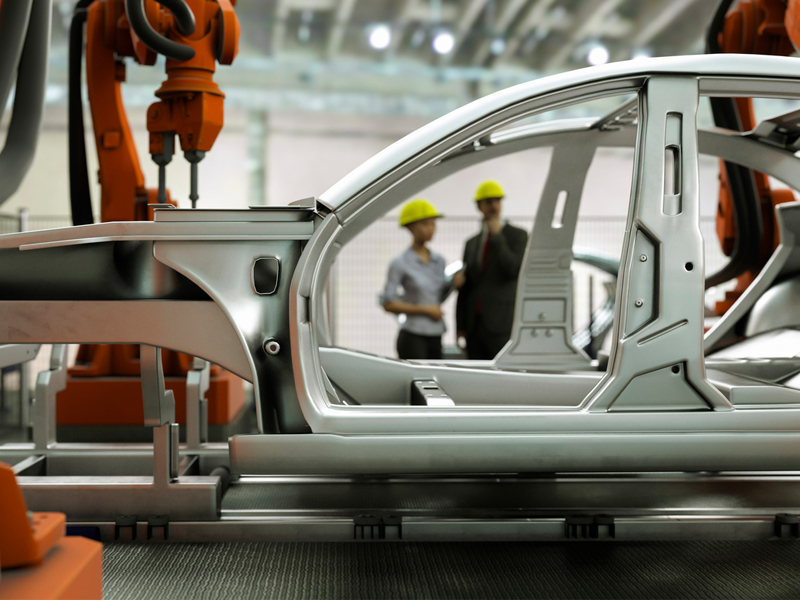The Challenge
The automotive global supply chain touches nearly every other industry, including steel, plastics, textiles, electronics, and more. As scrutiny of human rights practices in other industries heated up, the automotive sector knew it could soon become a target if it did not proactively address the social impacts of its operations. In an effort to improve the working conditions of the automotive supply chain, five major auto companies sought BSR's help to create a set of working conditions guidelines and other tools. BSR was assisted by a sizeable grant from the U.S. State Department to fund this initiative.
Our Strategy
The goal of the Working Conditions Initiative, housed at the Automotive Industry Action Group (AIAG), was to create a sustainable auto forum focused on working conditions. Over two years, BSR worked hand in hand with manufacturers, some suppliers and other stakeholders to create and implement a program for improving working conditions. The following were key components of this program:
- On-site training: BSR and the working conditions group developed a detailed training to be executed at factory sites.
- Corporate engagement: In order to truly impact the automotive industry's complex supply chain, top-level engagement from company executives is essential.
Impact
The five participating lead auto companies, AIAG and BSR created guidelines and trainings to improve working conditions to meet stakeholder expectations. This new best practice framework can now be integrated into every tier of the automotive supply chain, allowing it to have substantial impact.
The technique BSR helped develop can enhance brand reputation, provide operational benefits, enhance profitability, endure business continuity, and mitigate potential legal risk.
The framework has already been rolled out in Mexico and will be implemented in other global regions shortly.
Let’s talk about how BSR can help you to transform your business and achieve your sustainability goals.








